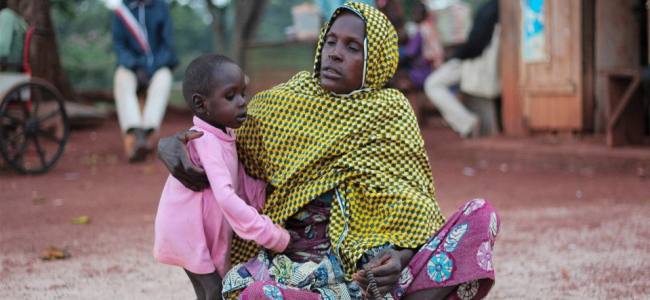
Localising humanitarianism: improving effectiveness through inclusive action
Source: ODI – Humanitarian Practice Network
For example, national NGOs currently only receive 1.6% of international humanitarian…
Although national institutions and local organisations can help improve humanitarian responses to particular crises, they have often been kept at arm’s length by the international humanitarian community.
For example, national NGOs currently only receive 1.6% of international humanitarian funding, according to the Financial Tracking Service. Where local aid agencies are drawn upon, it is often as sub-contractors for international NGOs.
While obstacles remain, such as institutional politics and interests, crisis-affected people will be better served if humanitarian responses draw upon the comparative advantages and complementarities of different local, national and international actors.
This paper discusses the role of national and local actors in responding to humanitarian crises and proposes recommendations to overcome obstacles to greater national and local humanitarian action.
from ReliefWeb Headlines http://bit.ly/1MxVkIc
via IFTTT


